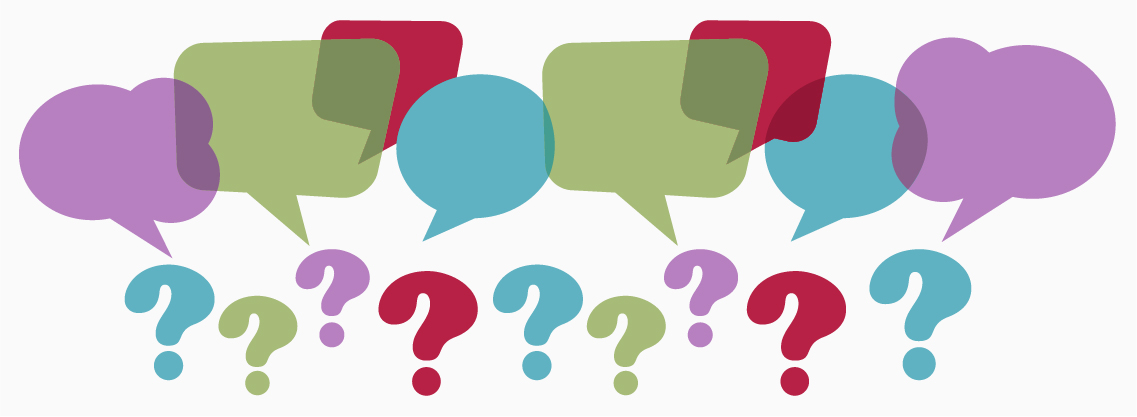Fran Levin Bowman, M.Ed. & Vincent Culotta, Ph.D., Copyright, 2010, All Rights Reserved
Dyslexia affects 1 in 10 individuals, many of whom remain undiagnosed and receive little or no intervention services. For some individuals who have never been diagnosed, dyslexia is a hidden disability which may result in underemployment, difficulty navigating academic environments, difficulty on the job, and reduced self-confidence. Even those who have been diagnosed are likely to struggle with reading or writing in some aspects of their lives. Dyslexia is a specific reading disorder and does not reflect low intelligence. There are many bright and creative individuals with dyslexia who never learn to read, write, and/or spell at a level consistent with their intellectual ability. Do you think you may have dyslexia? Please complete the brief 10 question self-assessment tool below.
Dyslexia Self-Assessment for Adults
|
YES |
||
| 1 | Do you read slowly? |
|
| 2 | Did you have trouble learning how to read when you were in school? |
|
| 3 | Do you often have to read something two or three times before it makes sense? |
|
| 4 | Are you uncomfortable reading out loud? |
|
| 5 | Do you omit, transpose, or add letters when you are reading or writing? |
|
| 6 | Do you find you still have spelling mistakes in your writing even after Spell Check? |
|
| 7 | Do you find it difficult to pronounce uncommon multi-syllable words when you are reading? |
|
| 8 | Do you choose to read magazines or short articles rather than longer books and novels? |
|
| 9 | When you were in school, did you find it extremely difficult to learn a foreign language? |
|
| 10 | Do you avoid work projects or courses that require extensive reading? |
|
If you checked seven or more of these questions, this may indicate dyslexia. Consider seeking consultation from a specialist or a formal diagnostic assessment from a qualified examiner.
You can reach PBIDA at our office by emailing us at dyslexia@pbida.org.
Click here for additional self-assessment tools specific to preschoolers, school-age children, and adults.
To find a potential resource in your area click here to search from a list of providers.
Share this page with your friends…

